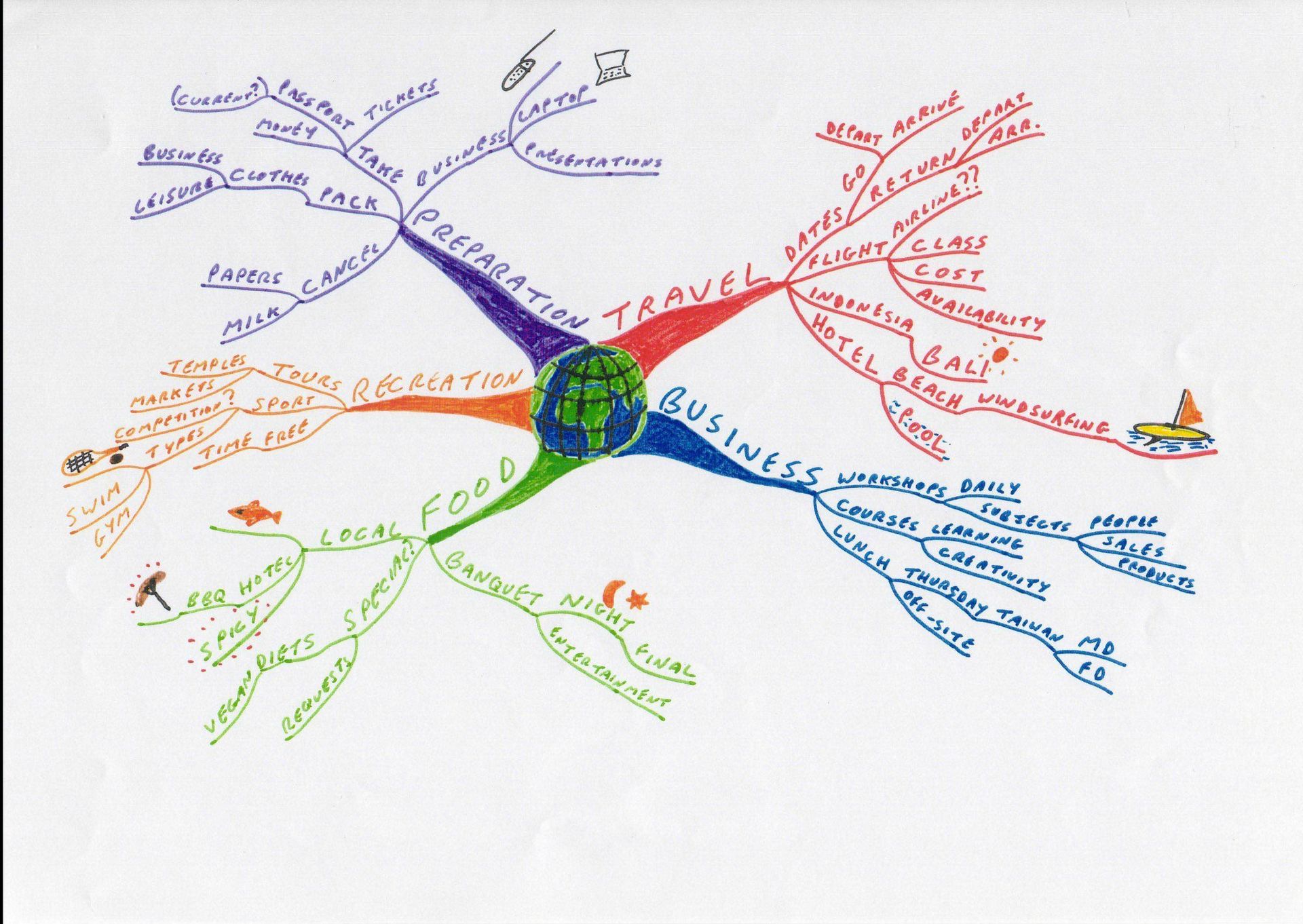Aviation is an exciting field that continues to grow and evolve. As technology advances and the world becomes more connected, so does the language surrounding it. In this article, we will explore vocabulary specific to aviation and its future opportunities and challenges. Visit this external resource for additional information on the topic. ICAO EASA Aviation English Language Proficiency Test LPT https://www.level6aviation.com, explore the subject more extensively.
The Importance of Aviation Vocabulary
Aviation vocabulary plays a critical role in the safe implementation and communication between pilots, air traffic controllers, and ground crews. It is vital that they understand each other to ensure the safety of all passengers and personnel. The standardization of aviation vocabulary allows for clear communication and reduces the risk of misinterpretation or misunderstanding.
As the aviation industry continues to grow, the need for standard aviation vocabulary will only increase. The use of English as the standard language for aviation communication has become universally accepted and is mandatory at all international airports, which means that it is important to keep the language up-to-date with current technology advances and developments.
Key Aviation Vocabulary
1. ATC (Air Traffic Control)
The ATC is responsible for managing and monitoring the flow of air traffic to ensure safety, communication, and efficiency. Communication between pilots and ATC is critical in avoiding collisions and ensuring that flights arrive at their destinations safely and efficiently. As the aviation industry continues to grow, the role of ATC will become increasingly important in managing air traffic.
2. Autopilot
The autopilot system is a flight management support system that is designed to assist pilots in controlling their aircraft. For many years, autopilot systems were only used by a select group of pilots. However, with the advent of more advanced technology, autopilot systems are now more common, and many aircraft are equipped with them. As technology advances, autopilot systems are likely to become more advanced and capable of performing even more complex tasks.
3. Black Box
The black box is an electronic device that records flight data and stickpit conversations. It is designed to survive an aircraft incident and is often used in accident investigations to determine the cause of a crash. As technology advances, the black box is likely to become more sophisticated, making it easier for investigators to determine what happened in the event of an accident.
4. Flight Path
The flight path is the path followed by an aircraft through the air. It is critical that pilots follow a predetermined flight path to ensure the safety of all on board and to prevent accidents. As technology advances, flight paths are likely to become more sophisticated, with the use of GPS technology and other devices that can help pilots navigate through the air more safely and efficiently.
5. Turbulence
Turbulence is a natural occurrence when flying. It is defined as the irregular movement of air currents that can cause an aircraft to move up, down, or sideways. As the aviation industry continues to grow, it is important to keep abreast of developments in turbulence technology to ensure the safety of passengers and crew.
The Future of Aviation Vocabulary
As technology continues to advance, the aviation industry will continue to adapt and evolve. As a result, aviation vocabulary will need to keep pace with these changes to ensure that pilots, air traffic controllers, and ground crews are able to effectively communicate with each other.
Advances in technology such as artificial intelligence and machine learning could lead to more automation and self-piloted aircraft, which would require new vocabulary and a rethinking of the role of pilots. Meanwhile, the rise of drone technology will require the development of new aviation vocabulary as drones become more prevalent in the skies. Broaden your understanding by checking out this external content! Aviation English Test Online https://www.level6aviation.com, explore the suggested site.
Conclusion
The aviation industry is an exciting field that continues to evolve and adapt. As technology advances, aviation vocabulary will need to keep pace with the changes to ensure clear communication and safety. The continued standardization and development of aviation vocabulary will ultimately help to ensure the growth of the aviation industry for years to come.
Read the related posts to enrich your knowledge:
